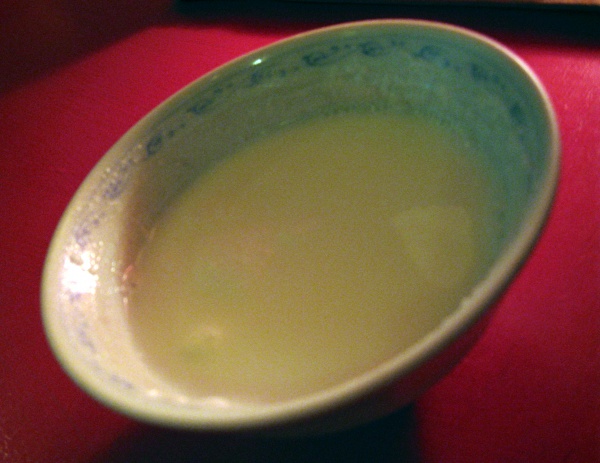Facts About Kumis
Kumis is a traditional fermented dairy beverage, typically made from mare's milk, though versions made with donkey milk also exist. This cherished drink is prevalent among various Central Asian ethnic groups such as the Kazakhs, Bashkirs, Kalmyks, Kyrgyz, Mongols, and Yakuts, all of whom have Turkic, Huno-Bulgar, and Mongol ancestral ties. Kumis is akin to kefir, but instead of using solid kefir grains, it is made with a liquid starter culture. Due to the higher sugar content in mare's milk compared to cow's or goat's milk, kumis has a higher alcohol content post-fermentation.
Given the difficulty in obtaining mare's milk, large-scale production often substitutes cow's milk, which is richer in fat and protein but contains less lactose than mare's milk. The term "kumis" derives from the Turkic word "kımız" and the tradition of making it spans centuries. The process involves fermenting raw mare's milk over several hours or days, resulting in a mildly alcoholic and slightly effervescent drink.
Kumis has a storied cultural heritage, particularly in Central Asia, Mongolia, and China. It has been savored for centuries and is deeply intertwined with the nomadic lifestyle. The beverage often symbolizes hospitality and cultural diversity. Traditionally served cold in small cups, kumis has a slightly sour taste with a mild alcoholic kick.

 Kyrgyzstan
Kyrgyzstan